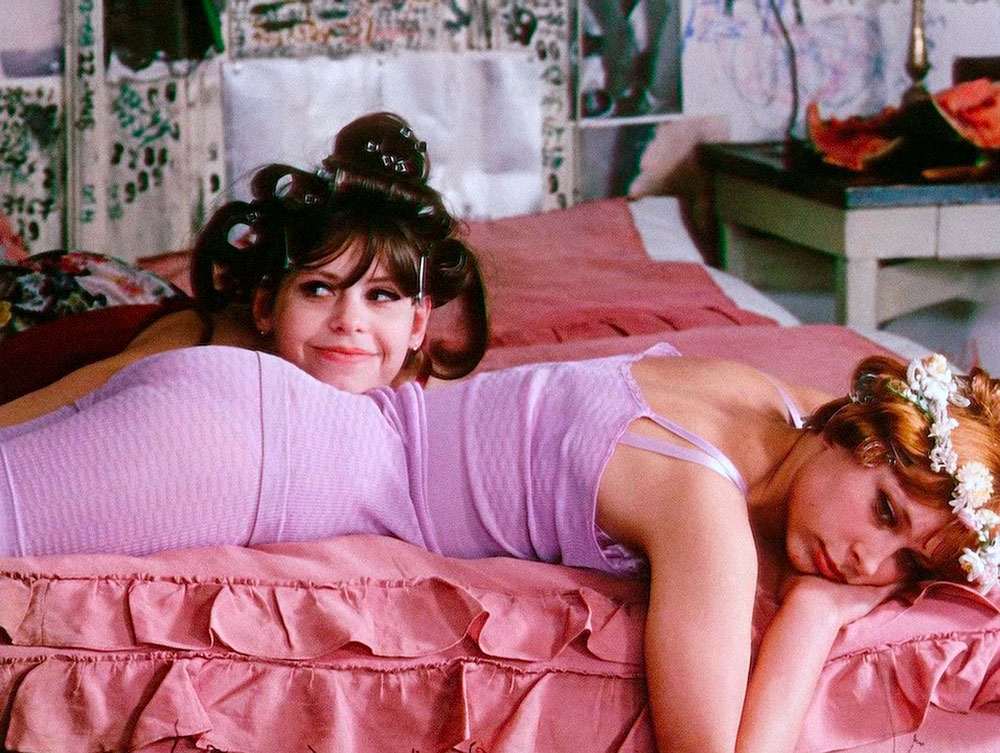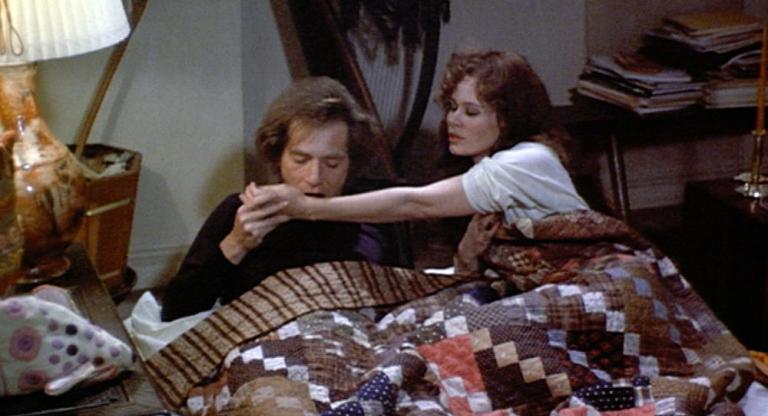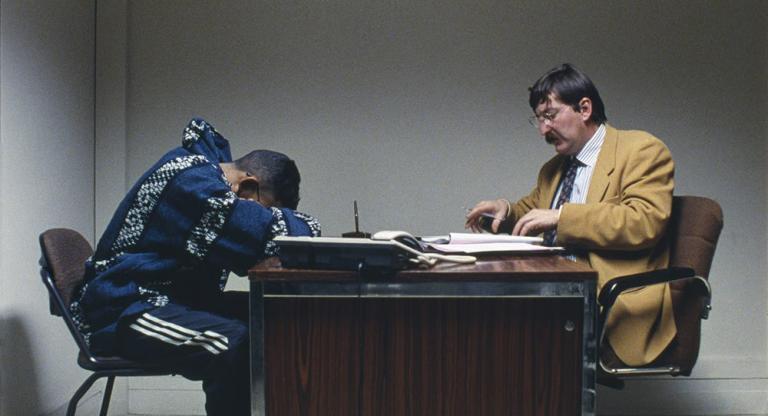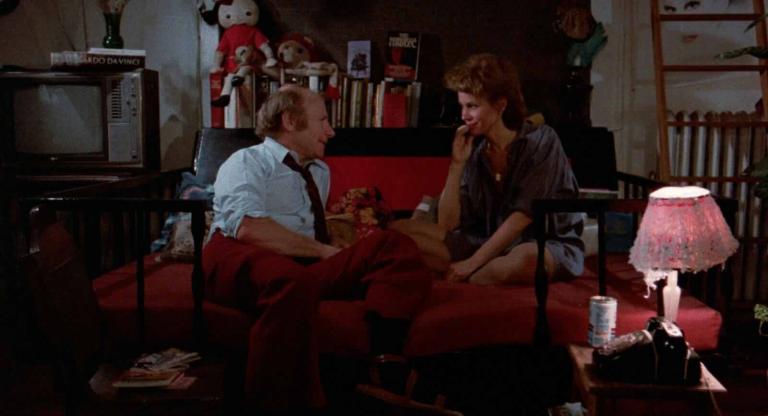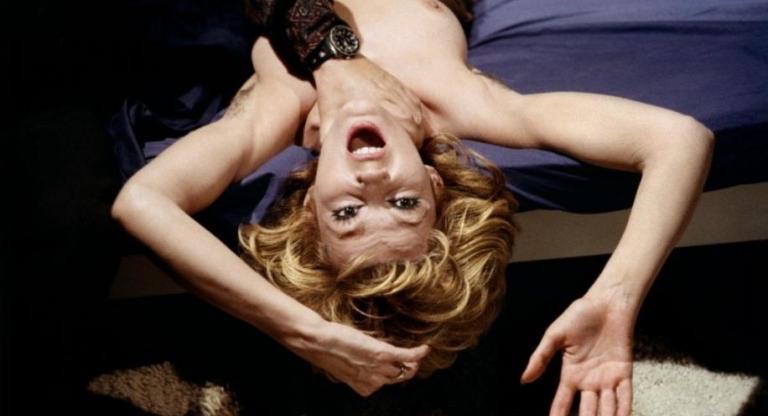At the opening of Daisies (1966), directed by Věra Chytilová and written by Ester Krumbachová, Marie (Jitka Cerhová) and Marie (Ivana Karbanová) are lounging in bikinis. “Nobody understands anything,” says the pigtailed Marie. “Nobody understands us,” the other Marie adds, fiddling with her signature flower crown. “Everything’s going bad in this world,” Marie replies. “You know what?” she continues, excitedly. “If everything is going bad, we’re going to be bad as well.”
Subsequently, the Maries cause disruption and chaos wherever they go—scamming fancy dinners out of stuffy, middle-aged men and eating ravenously; staging a slapstick fight in a Prague nightclub; trashing and collaging their own apartment with junk; stealing and gobbling corn from a garden; and destroying a formal banquet table. They take nothing seriously, indulge in nihilistic irony, and reject responsibility of any kind; they prance, hop, snicker, sob, litter, and fiddle with their clothes. Their destruction is unpredictable, and amidst the film’s climactic foodfight—during which the Maries shove globs of cake in their mouths and fling all manner of delicacies at each other—it becomes clear that it’s not decadence they’re engaging in, it’s anarchy.
The film caused controversy almost immediately in the Czechoslovak Socialist Republic, then on the brink of the Prague Spring of 1968 and the subsequent Warsaw Pact invasion. Daisies was deemed too radical, with authorities condemning it for “having nothing to do with our Republic, socialism, and the ideals of communism.” Banned from screening for a year, it nevertheless became a crown jewel of the Czechoslovak New Wave.
Daisies is anarchic both in plot (what little of it there is) and in construction. The film is a smorgasbord of film stock shifts, jump cuts, and spliced-in footage of war, flowers, trains, and butterflies. Writing in Artforum, the critic J. Hoberman calls every gesture and line in Daisies a “non sequitur.” The New York Times critic Bosley Crowther described the Maries as “two playgirls who are thoroughly emptyheaded” after watching Daisies in a Czech New Wave program at MoMA in 1967. Meant derisively, Crowther’s description is inadvertently astute. The girls gleefully proclaim: “We know nothing.”
That the girls “know nothing” is a farcical pose that expresses their unique brand of anti-authoritarian feminism. In this way, Daisies rhymes particularly well with today’s “bimbo feminism,” a phenomenon that emerged in late 2020 in a pink pleather corner of TikTok that has since become known as BimboTok.
Bimbo feminism, a direct response to the neoliberal “girlboss” movement of the 2010s and its cowing to patriarchal systems of power, is a hyper-ironic, left-leaning form of intersectional feminism that is—like the Maries—anti-capitalist, anti-hustle, anti-work, and, above all, anti-analytical. “Don’t engage in discourse,” stresses the creator Fiona Fairbairn’s in her viral “Bimbo Manifesto.” She discourages critical thinking, saying: “No thoughts, just vibes.”
Daisies remains, some fifty-five years after its release, a cornerstone of feminist art and avant-garde film, but it’s also, significantly, just a vibe.
Daisies screens through August 25 at IFC Center in a new digital restoration.
